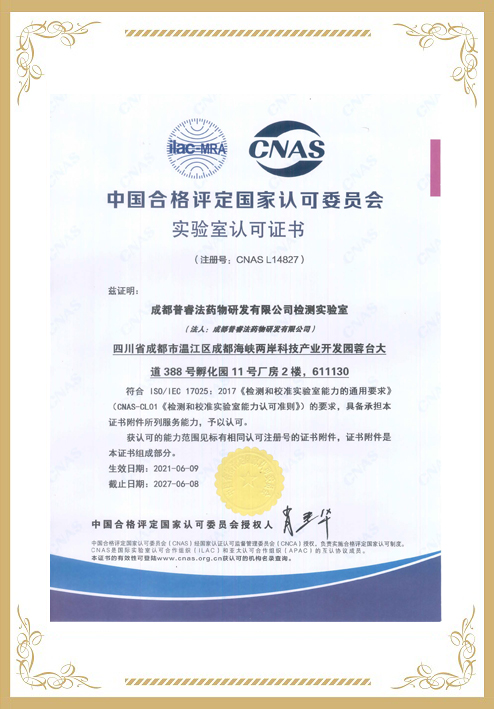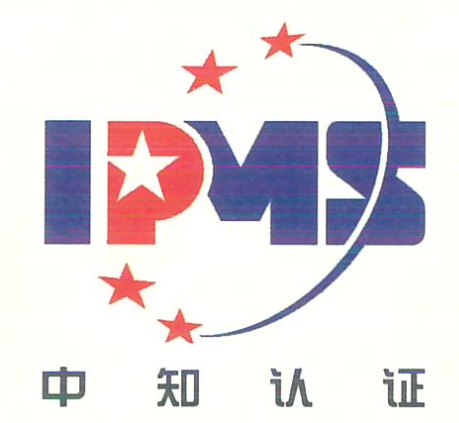Abstract
Crinum asiaticum var. japonicum Baker is a Korean herbal medicine that is traditionally prescribed for reducing fever and inflammation. In the present study, we investigated if the ethanol extract of C. asiaticum seeds (ECAS) influences the hallmarks of Alzheimer’s disease (AD) pathogenesis. ECAS markedly inhibited the activity of acetylcholinesterase (AChE). Concurrent treatment with hydrogen peroxide (H2O2) and ECAS significantly prevented the neuronal cell death by regulating phosphorylation of cyclic adenosine monophosphate response element-binding protein and p38 mitogen-activated protein kinase. ECAS revealed antineuroinflammatory effects by inhibiting nitric oxide production and suppressing inducible nitric oxide expression in lipopolysaccharide-stimulated BV-2 microglia. Furthermore, the high-performance liquid chromatographic analysis determined lycorine as a standard compound of ECAS. Our data suggest that ECAS has inhibitory effects on AD pathogenesis such as AChE activation, neuronal damage, and neuroinflammation.
Lycorine, purchased from Biopurify Phytochemicals Ltd. (Chengdu, China), had a purity of ≥98.0% by HPLC analysis. HPLC-grade solvents, acetonitrile, and water were purchased from J.T. Baker Chemical Co. (Phillipsburg, NJ, USA), and analytical grade reagent TFA was purchased from Sigma-Aldrich (St. Louis, MO, USA).























